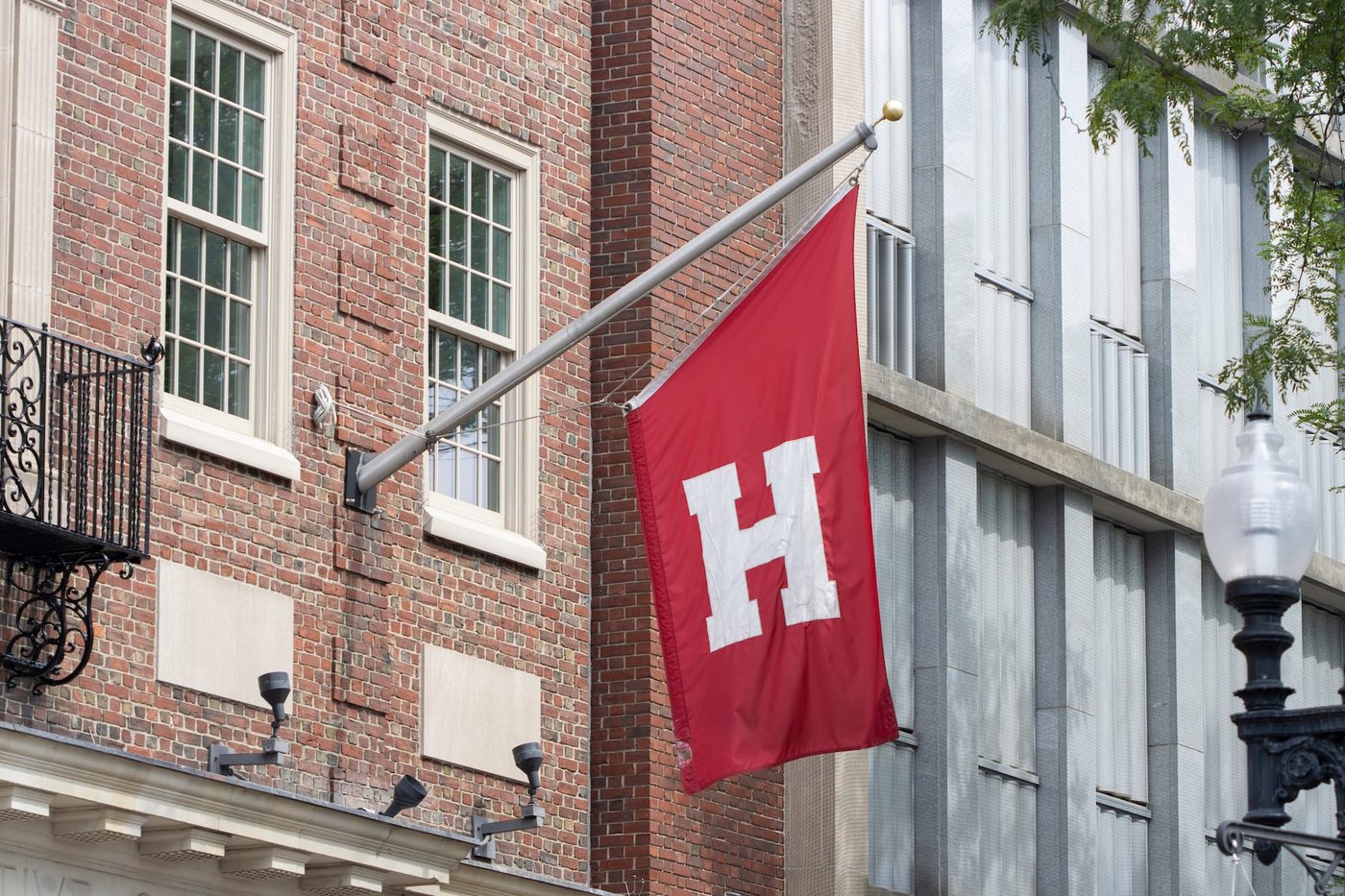Understanding Trump’s J-1 Visa Investigation: Essential Insights for Employers
The J-1 visa program has long been a vital pathway for cultural and educational exchange in the United States. However, recent scrutiny under the Trump administration has raised questions about this visa’s implications for employers across various sectors. In this article, we will delve into the essentials of the J-1 visa investigation and its impact on the hiring landscape.
What is the J-1 Visa?
The J-1 visa is a non-immigrant visa designed for individuals participating in work-and-study-based exchange programs. This visa allows foreign nationals to gain experience in U.S. companies while sharing their cultural insights. The J-1 visa encompasses various categories, including:
As an employer, understanding the J-1 visa framework is crucial for leveraging the benefits it offers while remaining compliant with immigration laws.
Trump’s Investigation into J-1 Visa Program
During his presidency, Donald Trump directed a comprehensive investigation into the J-1 visa program, citing concerns over potential abuse and misuse. The administration focused on ensuring that the program fulfilled its original intent of promoting cultural exchange rather than simply serving as a means for cheap labor.
This investigation led to several key developments:
As an employer, being aware of these changes is vital to navigating your responsibilities and ensuring compliance.
Implications for Employers
For employers, the J-1 visa investigation has several implications to consider:
1. **Compliance with Regulations**: Employers must ensure that they are adhering to the latest regulations surrounding the J-1 visa program. This includes thorough documentation and reporting practices to satisfy any potential inquiries from immigration authorities.
2. **Understanding J-1 Visa Categories**: Different categories of J-1 visas come with varying requirements. Employers should be aware of these distinctions to avoid misclassification and potential penalties.
3. **Recruitment Strategies**: In light of the investigation, employers may need to reevaluate their recruitment strategies. It is essential to consider how J-1 visa holders fit into your workforce and the cultural exchange aspect of their employment.
4. **Training and Orientation**: Employers should provide adequate training and orientation for J-1 visa holders, helping them integrate into the company culture and understand their roles effectively.
Future of the J-1 Visa Program
The future of the J-1 visa program remains uncertain, particularly as immigration policies continue to evolve. Employers should stay informed about potential changes and consider the following:
– **Monitor Immigration News**: Keeping an eye on immigration news is crucial for understanding shifts in policy that may affect the J-1 visa program, such as USCIS office locator updates or advance parole news.
– **Engage with Professional Services**: Employers may benefit from consulting professional immigration services to navigate the complexities surrounding the J-1 visa program, ensuring compliance and minimizing risks.
– **Advocacy for Reforms**: Engaging with industry groups and advocating for reforms can help shape the future of the J-1 visa program, ensuring it remains a viable option for cultural exchange.
Conclusion
In conclusion, the J-1 visa program plays a crucial role in fostering cultural exchange and enhancing workplace diversity. However, the investigation under the Trump administration has brought about significant challenges for employers. By understanding the implications of the investigation and staying informed about ongoing developments, employers can ensure compliance and effectively leverage the benefits of the J-1 visa program.
Employers must also remain vigilant about immigration trends, as changes in policy can impact their ability to hire J-1 visa holders. With proactive strategies and an informed approach, businesses can continue to thrive while contributing to the rich tapestry of cultural exchange in the United States.










